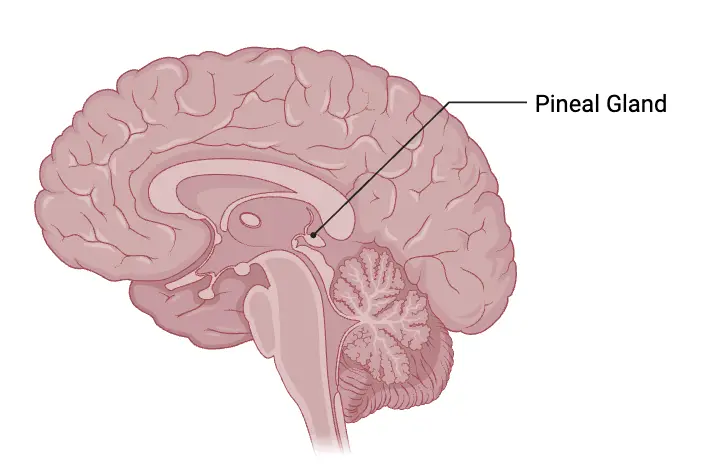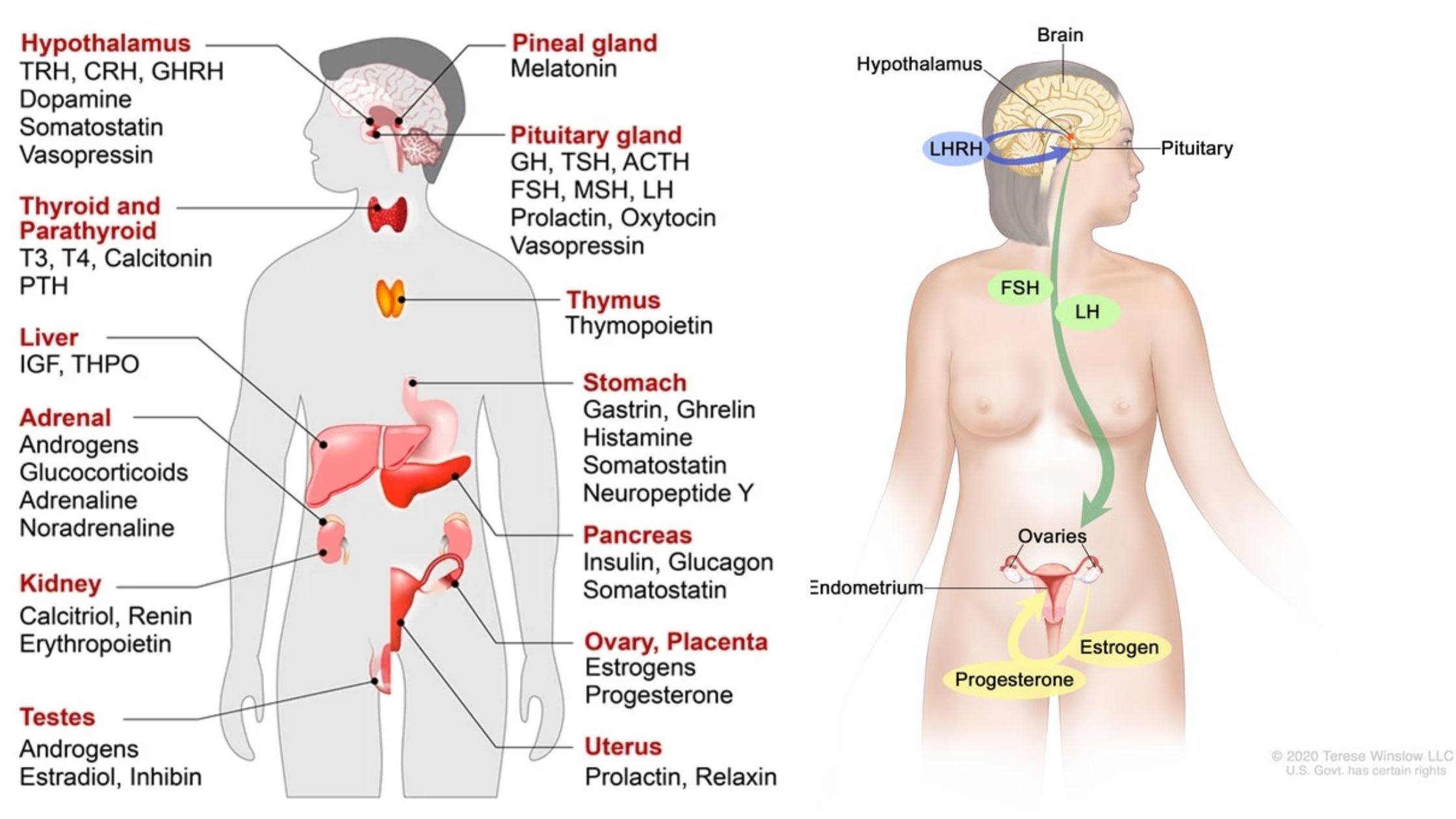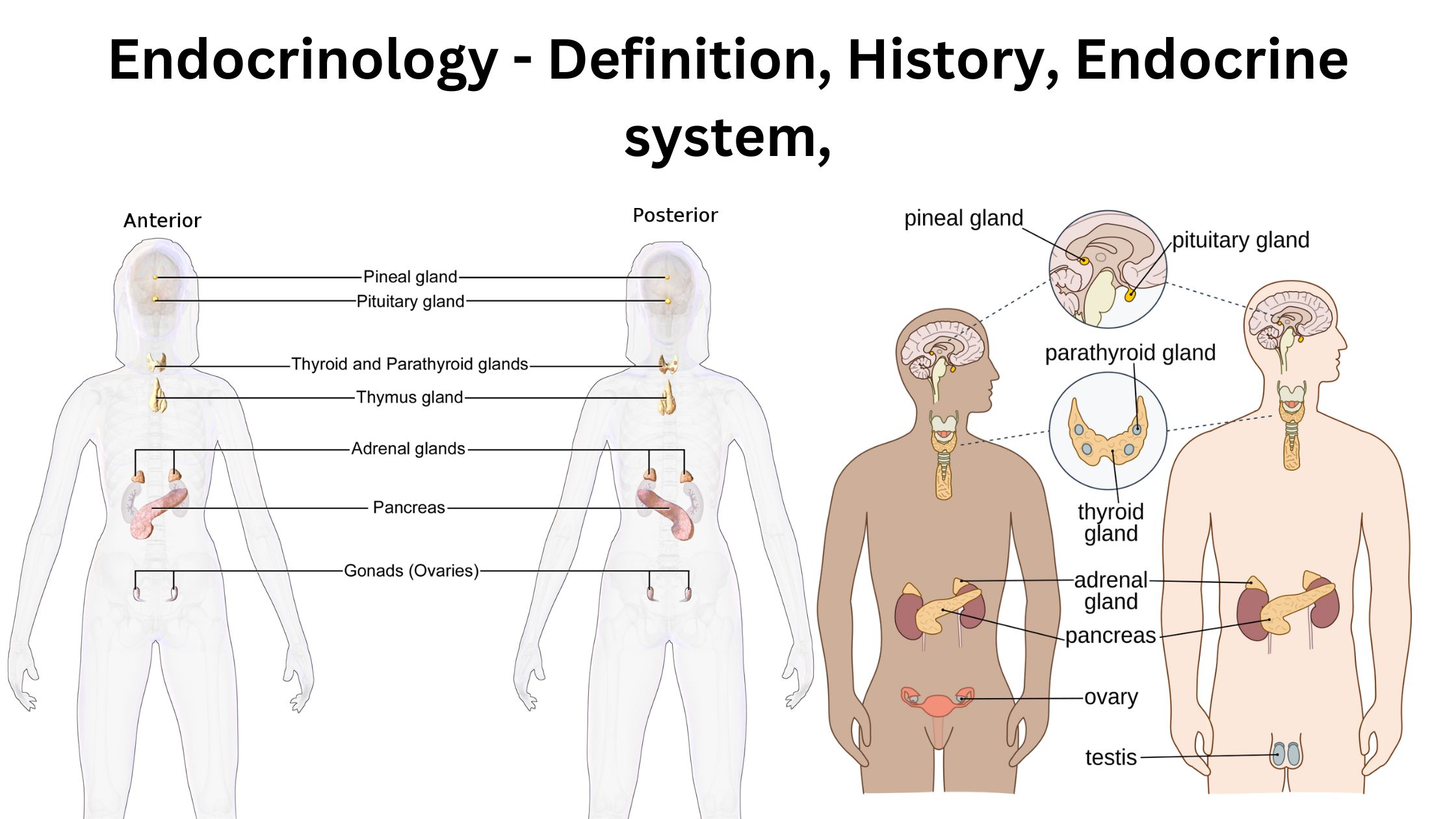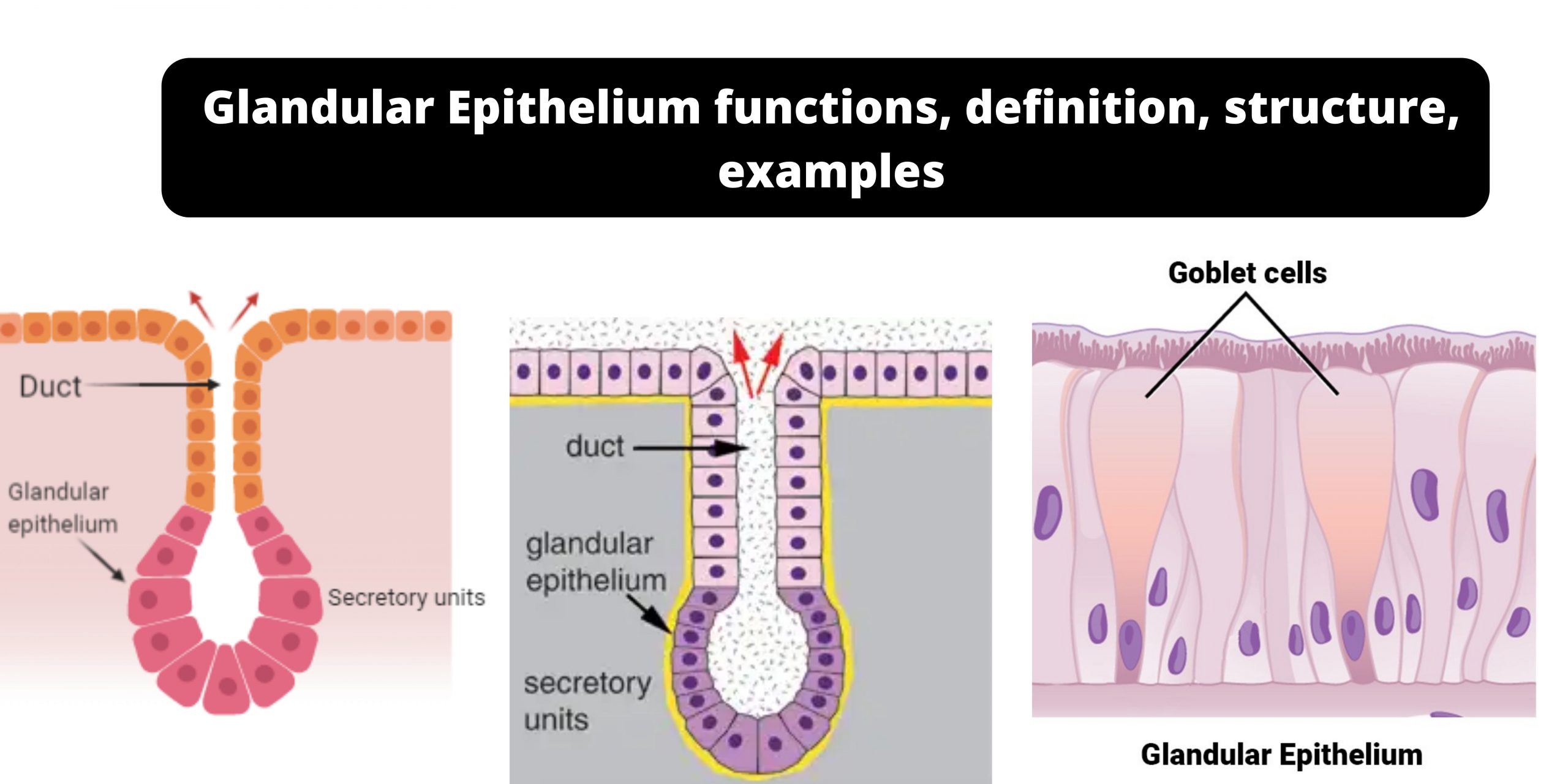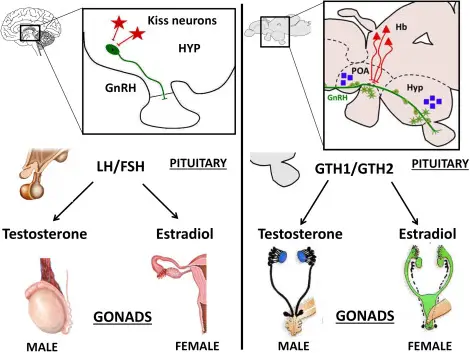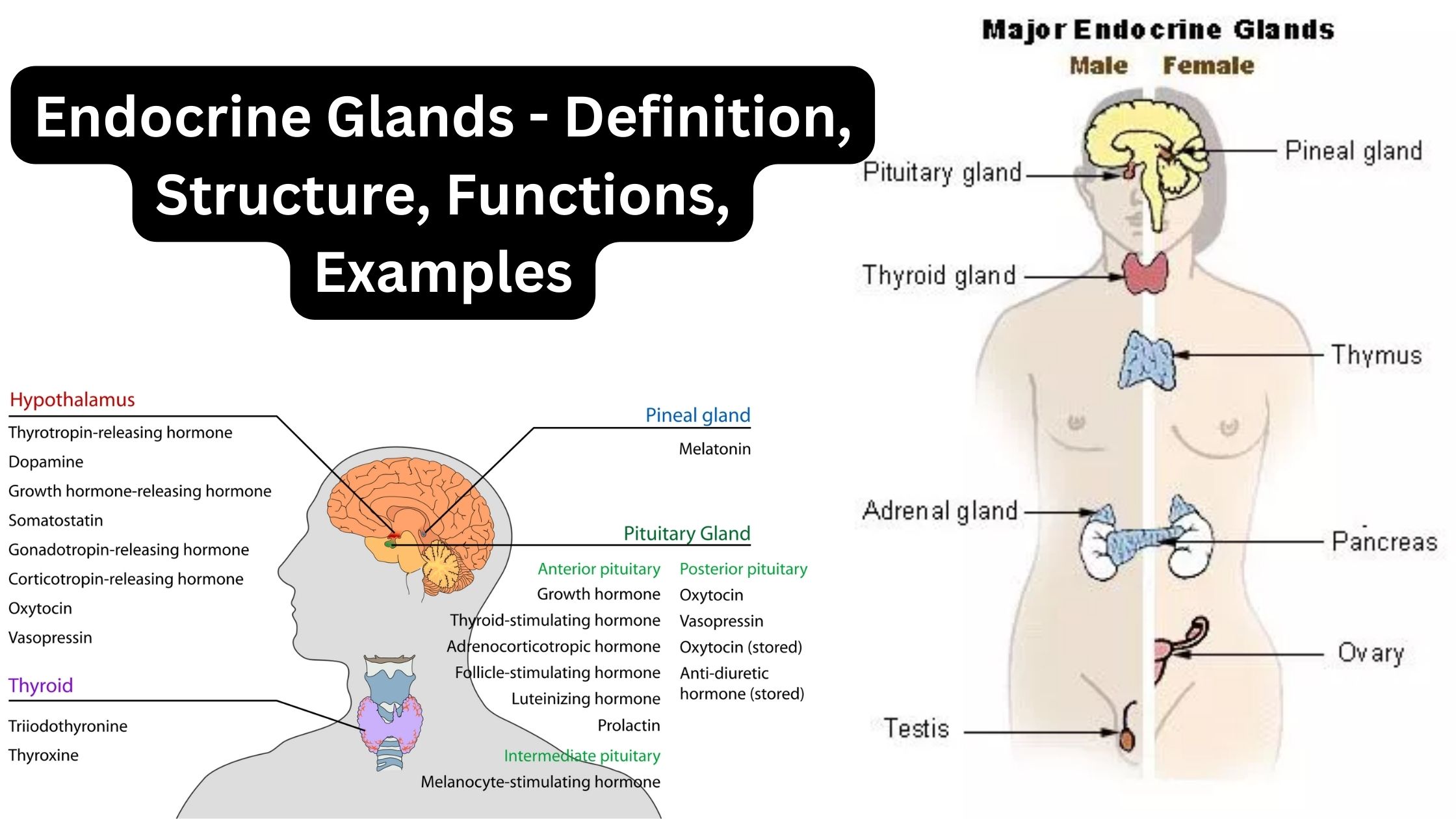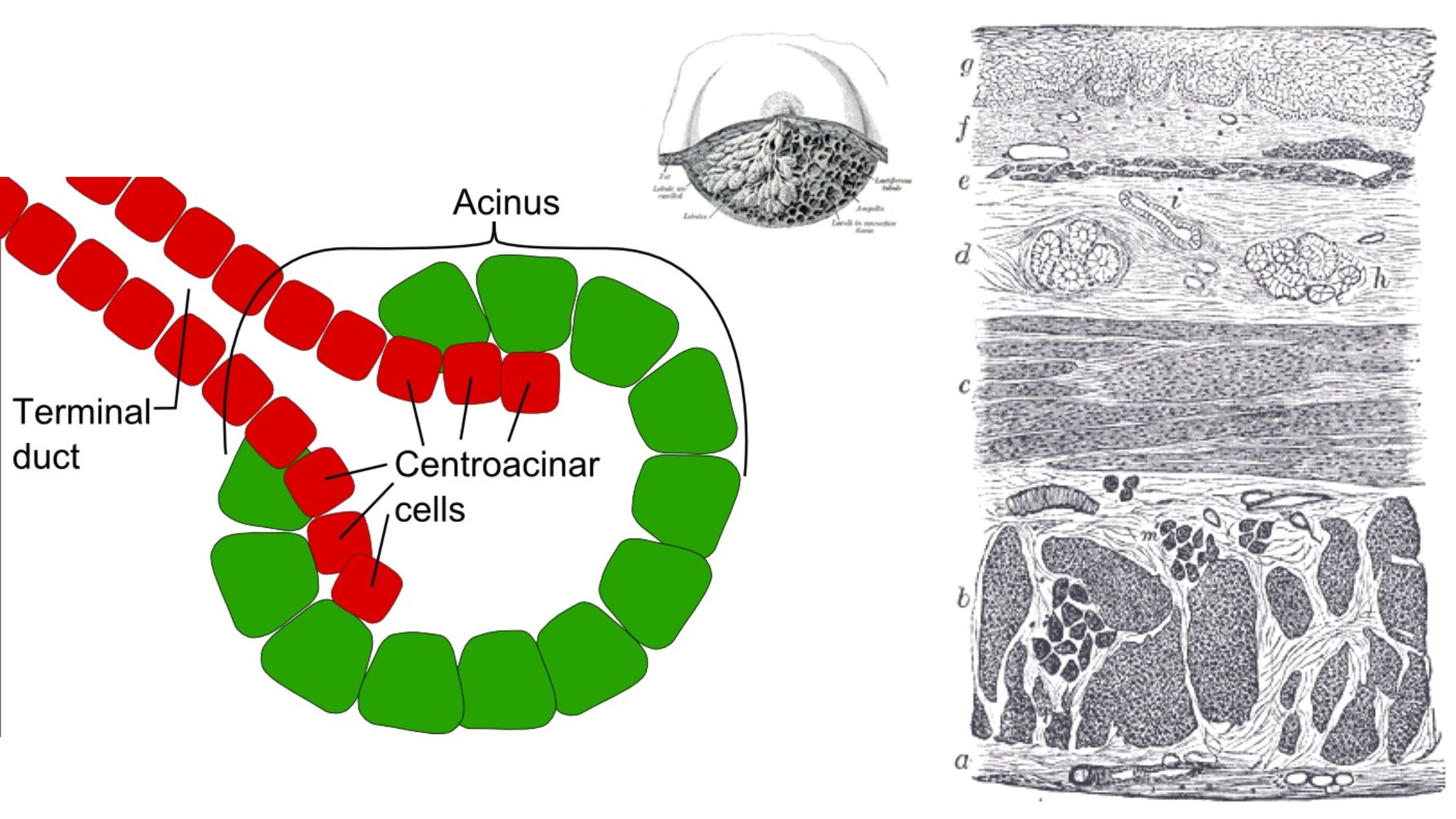Pineal Gland – Structure, Secretions, Hormones, Functions, Disorders
What is Pineal Gland? Definition of Pineal Gland The pineal gland is a small, pea-shaped endocrine gland located in the brain, responsible for producing the hormone melatonin, which regulates sleep-wake cycles and circadian rhythms. It responds to light exposure, influencing various biological processes in the body. Location of Pineal Gland Structure of Pineal Gland The structure … Read more
